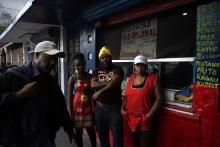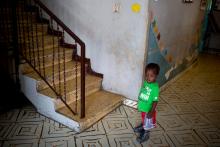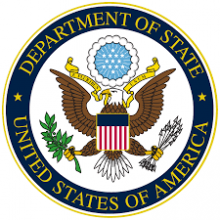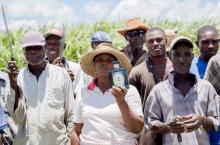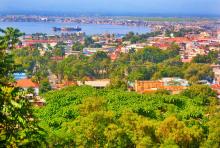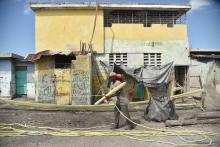In Mexico's Border City, Haitians Hailed as Success Story
Haitians are, without a doubt, hard workers. Most just want opportunities, security, and for their familiies to have good lives. Opportunity can be hard to come by in Haiti although some have found it in Tijuana. In fact, the Mayor of Tijuana has praised Haitians for their work ethic and ability to integrate. Given a chance, Haitians will prove themselves - whether in Miami, Montreal, or Tijuana. The full article by Associated Press writer Julie Watson follows.



